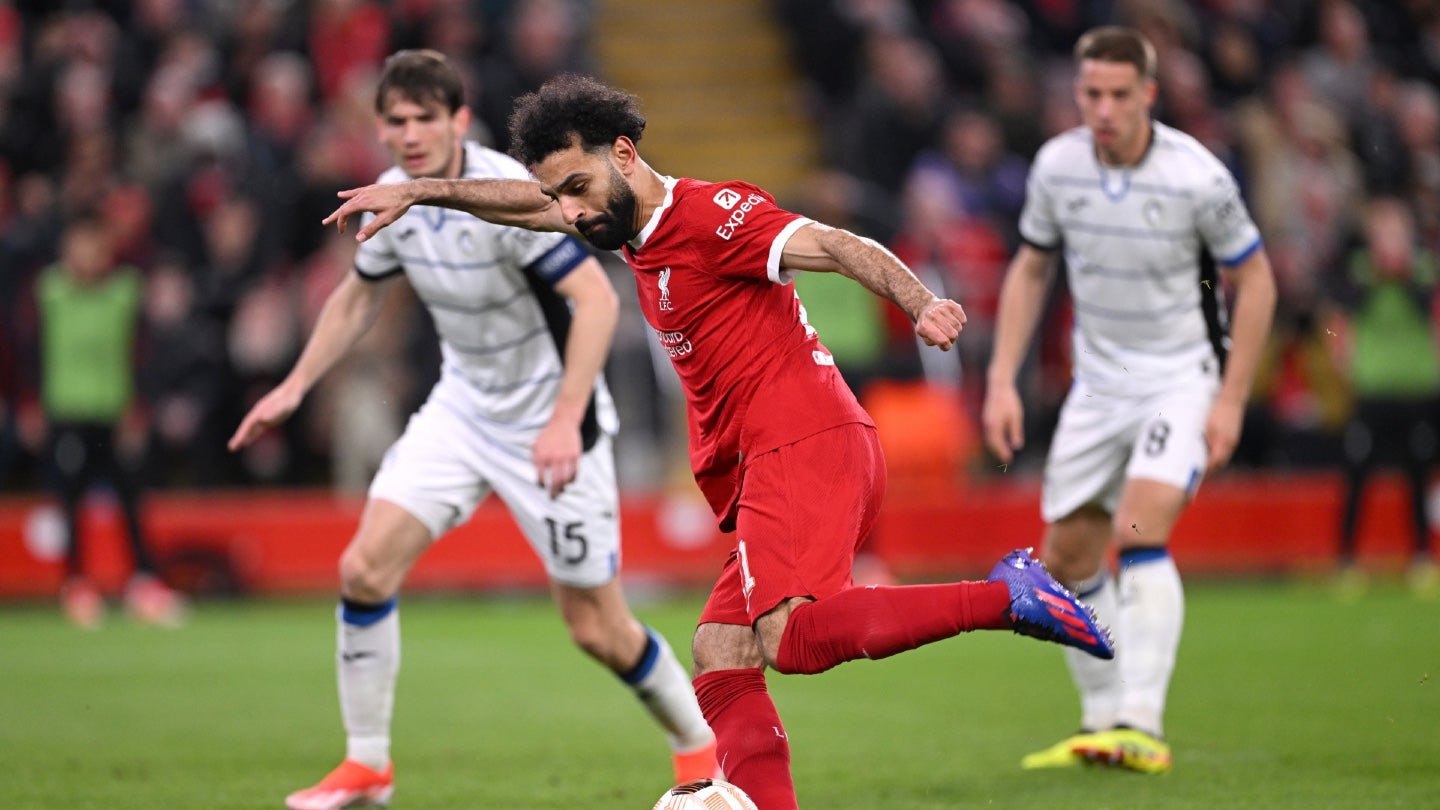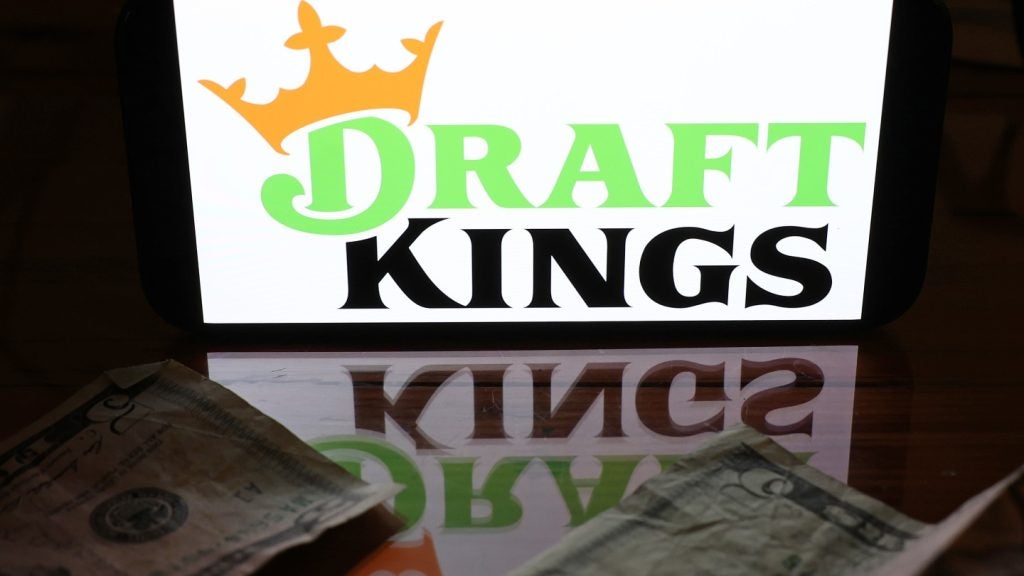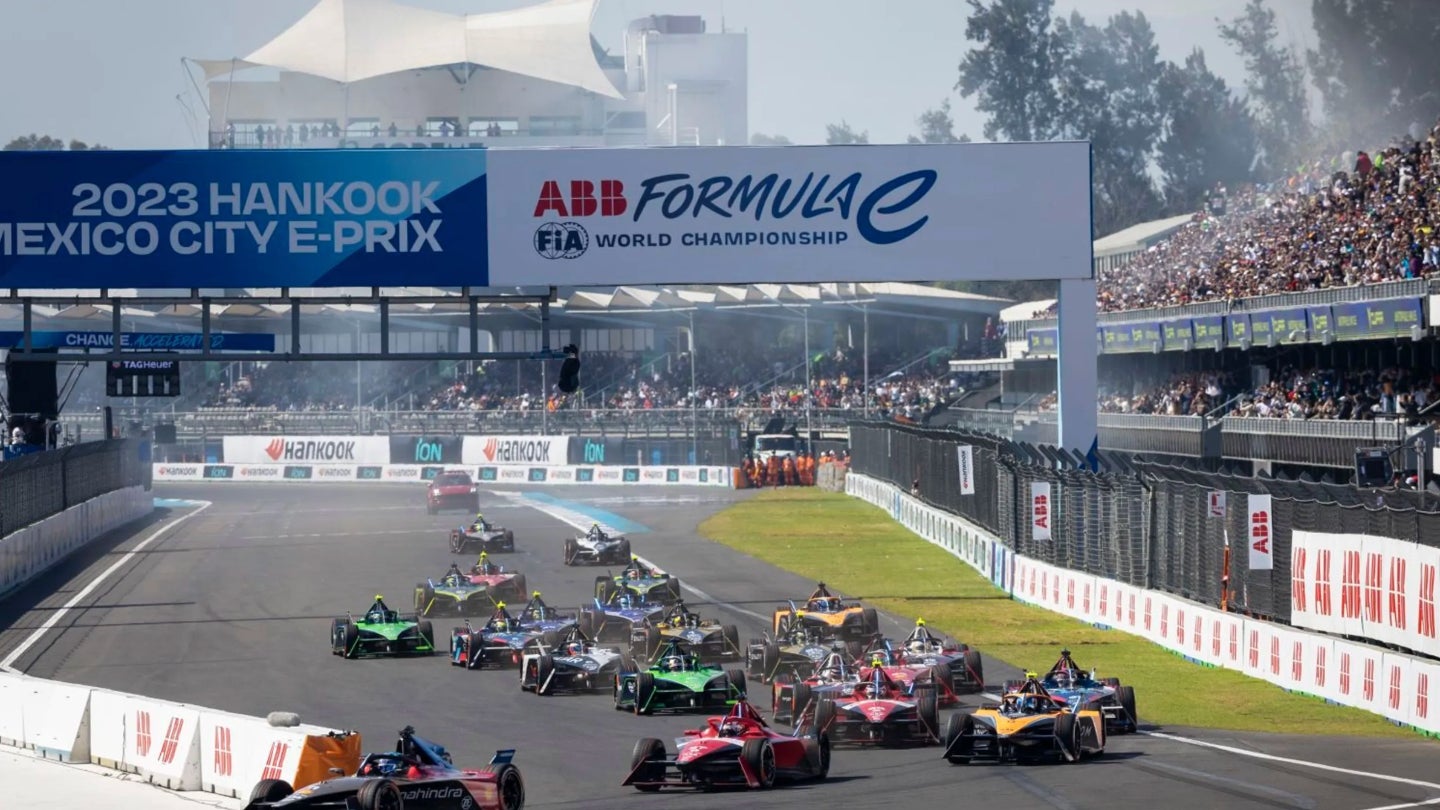Uefa, European soccer’s governing body, has claimed to have secured support from more than half of the 27 European Union countries regarding its opposition to the Super League project, which a dozen top clubs on the continent attempted to launch in April this year.
Uefa has now said that in preparation for submitting its case at the European Court of Justice next week, at which the court will assess whether Uefa and world soccer’s governing body Fifa have monopoly control over the sport, it has secured 16 submissions from EU nations stating their opposition to the league and their belief in Uefa's pyramid system as a model for soccer on the continent.
This number is reported to include both Spain and Italy, the countries where the three Super League founding members who are still holding out and who have brought the matter to court – Juventus from Italy, Barcelona and Real Madrid from Spain – play their domestic soccer.
Germany is also believed to have sent in its written opposition to the court, which is expected to hold a hearing during the first half of 2022, although a final ruling may take several more months.
The Super League project, which rose and then fell over the course of three days in April, would have involved 12 initial clubs, potentially expanding to 15 in time, breaking away from Uefa’s prestigious Champions League competition, which requires entry through qualification via the various domestic leagues.
See Also:
As well as the aforementioned clubs, the 12 teams initially included AC Milan and Inter Milan from Italy’s Serie A, Atletico Madrid from Spain’s Laliga, and Chelsea, Tottenham, Arsenal, Manchester City, Manchester United and Liverpool from England’s Premier League.
How well do you really know your competitors?
Access the most comprehensive Company Profiles on the market, powered by GlobalData. Save hours of research. Gain competitive edge.

Thank you!
Your download email will arrive shortly
Not ready to buy yet? Download a free sample
We are confident about the unique quality of our Company Profiles. However, we want you to make the most beneficial decision for your business, so we offer a free sample that you can download by submitting the below form
By GlobalDataThe project collapsed almost immediately, due to concerted opposition from almost the entire set of soccer stakeholders on the continent, only for the 12 clubs (with Real, Juventus, and Barcelona very much the ringleaders) to then take the matter to a Spanish court, arguing that Uefa had been monopolistic in threatening to punish the clubs for setting up a new competition.
The Madrid judge then asked the ECJ (based in Luxembourg), to adjudicate on how much authority Uefa should have over individual clubs, and what rights the body has to sanction sides who challenge that authority.
Indeed, the Madrid judge then ordered Uefa to annul financial penalties it had imposed on the Super League 12 in May. These penalties amounted to millions of dollars in fines, as well as the threat of larger sums if they ever got involved in similar projects again.
Although Uefa did revoke these penalties earlier last month, saying publicly at that point that it would await the result of the ECJ hearing before taking further action, it has left open the possibility of re-installing the punishments if the Luxembourg court finds in its favour.
Uefa initially rejected the Spanish court order, saying that it had no intention of carrying it out and that it was confident a final ruling on the matter by the ECJ would come down in its favour.
However, the governing body then backed down.
After the project was first announced, the 12 clubs involved faced an immediate hostile backlash from almost all European soccer authorities, and so all except Juventus, Real and Barcelona withdrew within days.
The nine clubs who withdrew then initially accepted punishments from Uefa, agreeing to 5 per cent of their revenue from Uefa competitions being withheld from 2023-24 and fines of up to €100 million ($117.1 million) if they sign up to a similar project in the future.
The teams agreed to pay a combined £22 million ($30.09 million) to Uefa as a "gesture of goodwill" and also agreed to donate €15 million to youth and grassroots football across the continent.
However, the Spanish court ruled that Uefa had no basis to impose these punishments and said it must immediately withdraw them, leading to the matter going all the way to the ECJ.






